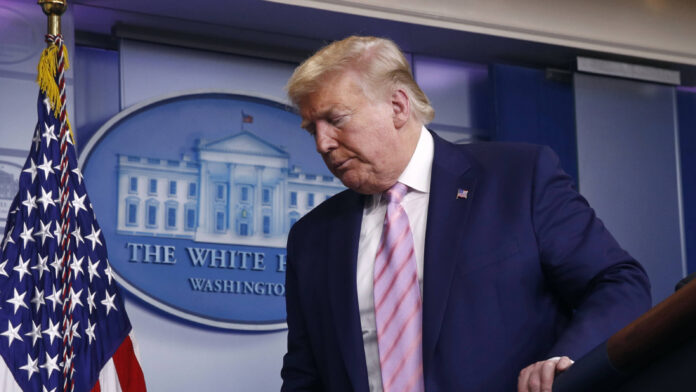Author: Daniel W Drezner
Affiliation: Tuft University
Organization/Publisher: International Affairs
Date/Place: February 6, 2020/ U.S.
Type of Literature: Article
Number of Pages: 18
Link: https://academic.oup.com/ia/article/96/2/383/5722298
Keywords: Donald Trump, leadership, Republican, Psychological traits
Brief:
This article uses Trump’s presidency—and his severe limitations as a decision-maker—to highlight how even a weak leader, akin to a toddler, can affect change and execute dramatic policy shifts by holding a powerful office with enhanced powers. The dominant trend in the line of Presidents and Statesman research has been to identify observable and verifiable aspects of an individual leader’s life, then to see if the life events have any persistent effect on his behavior and foreign policy. But Trump’s individual psychology is unique, requiring instead a focused analysis of his most immature psychological traits, and how those traits – temper tantrums, short attention span, and poor impulse control – have impaired his decision-making abilities. Trump has paid a small political price for his transgressions because he maintains the devoted support of partisan Republicans in a polarized era. In the surveys conducted, he has consistently polled close to 90 per cent approval among Republican voters. One survey in March 2019 revealed that 78 per cent of Fox News viewers believed that Trump has been the most successful president in American history. The author identifies that many political architects and political parties worked in building the office of the presidency, creating the most powerful position in the world; and that the guardrails checking presidential power were eroded before Trump was elected president. As president, although Donald Trump has acted like a toddler (bad at building structures, fantastic at making a complete mess of existing ones), because formal checks on presidential power have all eroded, and because the informal checks on the presidency had also degraded before Trump’s inauguration, he is still able to affect change by holding the office of President.
By: Razia Wadood, CIGA Senior Research Associate




